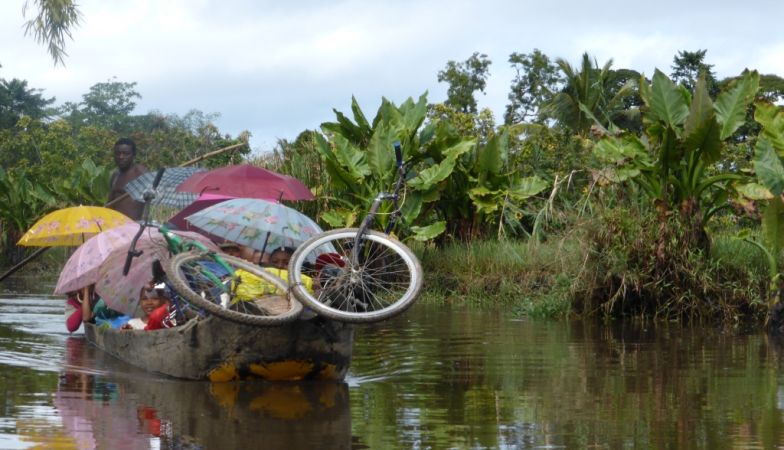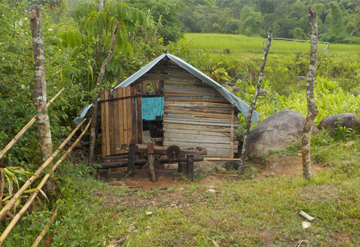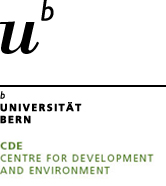WP3: Social learning and adaptive governance

The third work package led by the University of Antananarivo will translate insights of WP1 and WP2 into concrete innovations using a structured multi-stakeholder learning process. Moreover, it will examine how interactions with distant stakeholders under telecoupling can be enabled to facilitate social learning and to what extent these learning processes effectively lead to adaptive decision-making and innovative governance schemes?
Our PhD students explain in short video messages what their task is within the work package and what goals they want to achieve with their scientific work
For more information, contact: Bruno Salomon Ramamonjisoa
Blog post on impacts of social learning in transformative research
Read our blog post on impacts of social learning in transformative research. The post was published in the 'Integration and Implementation Insights', a community weblog for researchers who are interested in better concepts and methods for understanding and acting on complex real-world problems – problems like refugee crises, global climate change, and inequality. More information
Observations in the field
Following up the every-day-learning processes of stakeholders in forming their land use change decisions in northeastern Madagascar

by PhD-Candidate Patrick Laby
In the second field mission at the end of 2016, the Malagasy team of the telecoupling research project spent one month in northeastern Madagascar as part of work package 3 (WP3), looking into the social learning dimension of land use decision processes. We made a survey on the land-use-decision-processes of the stakeholders involved to establish the learning baseline. Stakeholders learn in their everyday life. Our main question was, “but how do they learn”?
